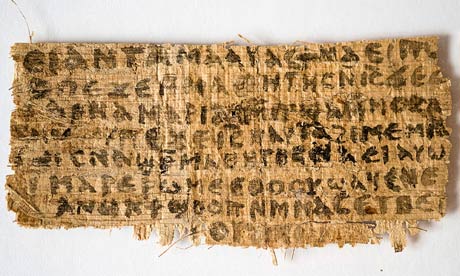This week I have desperately been trying to "get in the Advent/Christmas spirit." It seems like we got a few extra days out of November this year, and our local weather has been a roller coaster of late, and so I have experienced some difficulty finding the mood of gaity that is to accompany this season. In an effort to get the mood right (which I do believe matters for preparing sermons, writings newsletter articles, etc.) I have been listening to Christmas music in the office, and we have begun decorating and trimming Christmas trees at our house.
I fight a constant tension in this season. There is the child in me who loves the lights and the presents and wrapping, the Christmas cookies and special movies. I love the stories of Santa Claus and the festive television advertisements. At the same time, I realize that these commercial elements of the season really have nothing to do with the incarnation of God in Jesus Christ. Part of me wants to play the role of the prophet, decrying the unecessary buying, the gluttonous eating, and the self-absorption the holiday can breed. It seems so contrary to the message of the one born in the stable who proclaimed that we should die to self, sell our possessions, and work to make sure all are fed.
My struggle, however, comes when I reflect on the meaning I have come to associate with those more consumeristic elements of the season. The Christmas dinner where we overeat is a time where we remember our past celebrations. It is a holy space. Yes, buying and wrapping the gifts is not necessary, but there is a long-standing joy in seeing the paper torn and the excited faces of the folks opening their presents. Yes, it is ridiculous to try and find storage for the artificial tree and ornaments, and it is time-consuming and takes money to replace the outside lights that do not work, but a deep feeling of home resonates in my soul when those decorations are up.
As a pastor I often worry about the church becoming a shrine to nostalgia and sentimentality. When that occurs you can typcially put an "end date" on the ministry of a community because the means through which we proclaim the Gospel message are particular to specific historical moments. If we re-create our previous traditions time and again without reflection or without consideration of contemporary circumstances, the church becomes merely a museum of a past way of life.
At the same time, though, there is something good about nostalgia and sentimentality, even in the Church. Our celebrations and traditions shape who we are and connect us to the saints of the past. Just as we feel that sense of "home" in our decorated houses, we can feel a sense of "home" when we walk into the sanctuary on Christmas Eve and see the greenery and poinsettias in their usual place. We walk in and know, "I belong here."
So, maybe nostalgia in moderation is not a bad thing. In a time when so much in life seems temporary and transitory, nostalgic practices help us connect again to our roots. These are the trustworthy practices that shape so many of our otherwise chaotic moments. Now these traditions can become idols if we let them, but we need not, I think, shirk them all together in some effort to create a more "pure" Christmas (and let's not forget that the original Puritans actually outlawed the celebration of Christmas).
I suppose the happy medium might come when our celebrations remain something other than a way of "consuming" Christmas and serve more as a kind of holy connection to the past and the future of life. When that occurs, maybe we are experiencing a kind of sanctified moment, when the Advent of Jesus into the world meets the second Advent of preparation for his return. In this, perhaps, is holiness.












.jpg)





